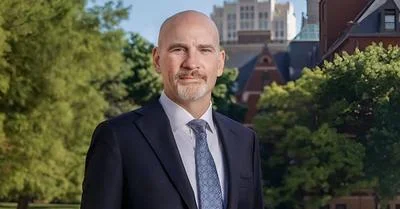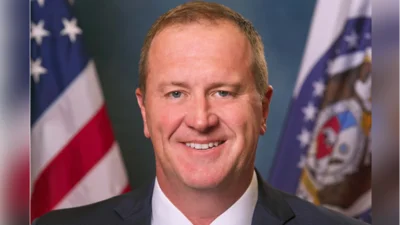Bill Cassidy, Chairman of the U.S. Senate Committee on HELP | Provided photo
Bill Cassidy, Chairman of the U.S. Senate Committee on HELP | Provided photo
The U.S. Senate Health, Education, Labor, and Pensions (HELP) Committee will hold a hearing on October 23, 2025, to examine the growth of the federal 340B Drug Pricing Program and its effects on patients and hospitals. The statement was made in an official committee announcement from HELP Republicans.
The 340B Drug Pricing Program, established by Congress in 1992, requires drug manufacturers to provide outpatient drugs to eligible healthcare organizations at reduced prices, according to the U.S. The Health Resources and Services Administration's program is designed to stretch scarce federal resources as far as possible, reaching more eligible patients and providing more comprehensive services.
At least 75 Missouri hospitals participate in 340b, according to 340bHealth. U.S. Sen. Josh Hawley (R-MO) is a member of the HELP Committee.
According to the Government Accountability Office, hospitals participating in the 340B program can reinvest savings into services such as medication assistance, expanded care access, and community outreach. However, there is no federal requirement that hospitals report how they use 340B revenue. This lack of transparency has raised concerns over whether savings are consistently used to benefit low-income patients.
A 2024 study published in the National Library of Medicine found that the number of 340B contract pharmacy arrangements increased dramatically from 1,300 in 2010 to over 60,000 by 2022. The study raised concerns about how the financial benefits from these arrangements are distributed, noting a lack of evidence that patients directly benefit from the savings. Researchers stated the need for greater transparency in the program’s financial flows.
The U.S. Senate Committee on Health, Education, Labor, and Pensions (HELP) has jurisdiction over the nation’s health programs, education policy, workforce issues, and labor standards. The committee oversees agencies including the Department of Health and Human Services, the Department of Education, and the Department of Labor, and conducts hearings on public health and regulatory matters.





 Alerts Sign-up
Alerts Sign-up